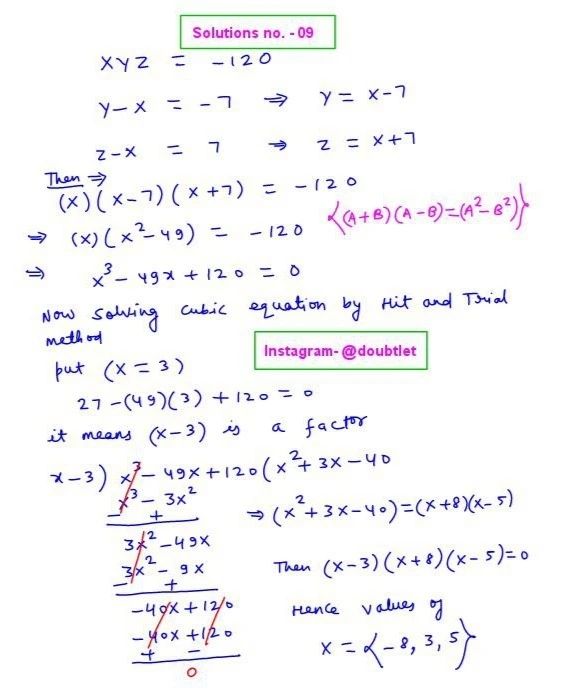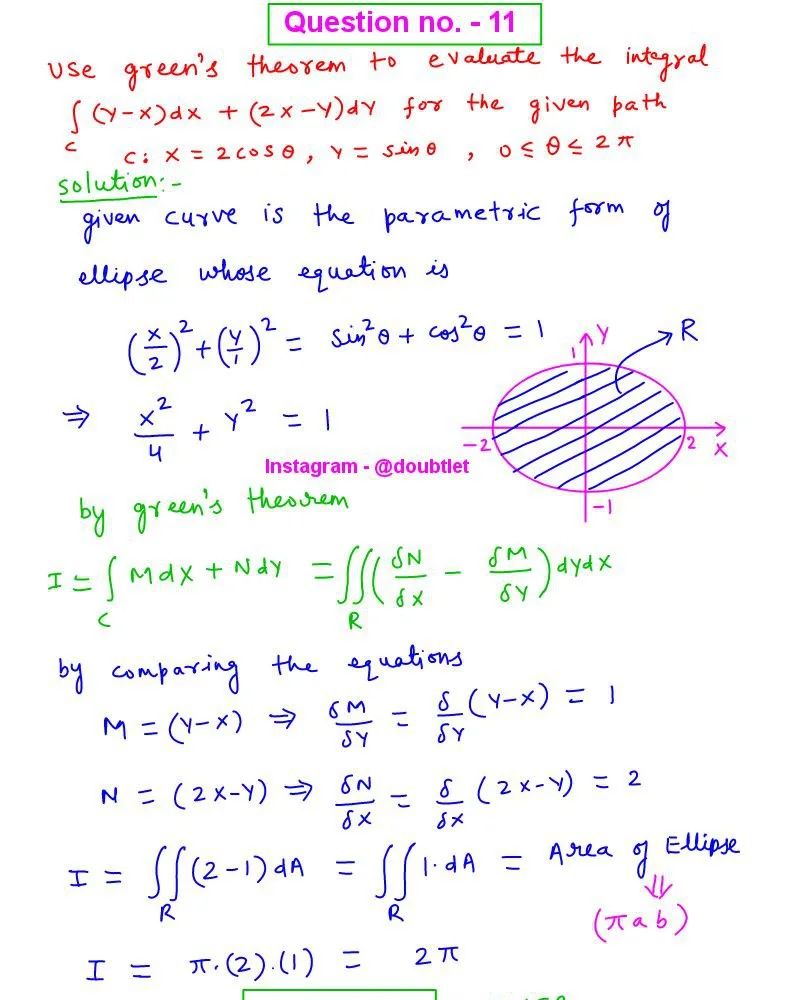









In the theory of learning, the rate at which a subject is memorized is assumed to be proportional to the amount that is left to be memorized. Suppose denotes the total amount of a subject to be memorized and is the amount memorized in time . Determine a differential equation for the amount . (Assume the constant of proportionality is . Use for .)
In the theory of learning, the rate at which a subject is memorized is assumed to be proportional to the amount that is left to be memorized. Suppose denotes the total amount of a subject to be memorized and is the amount memorized in time . Determine a differential equation for the amount . (Assume the constant of proportionality is . Use for .)
Question :
In the theory of learning, the rate at which a subject is memorized is assumed to be proportional to the amount that is left to be memorized. suppose denotes the total amount of a subject to be memorized and is the amount memorized in time . determine a differential equation for the amount . (assume the constant of proportionality is . use for .)

Solution:

Neetesh Kumar | November 08, 2024
Differential Equation Homework Help
This is the solution to Math 2A, section 13Z, Fall 2023 | WebAssign
Math002ACh1Sec03 (Homework) Question - 10
Contact me if you need help with Homework, Assignments, Tutoring Sessions, or Exams for STEM subjects.
You can see our Testimonials or Vouches from here of the previous works I have done.
Step-by-Step-Solution:
Let:
- = Total amount of the subject to be memorized.
- = Amount memorized at time .
- = Amount left to be memorized.
Step 1: Define the Rates
The rate at which material is memorized is proportional to the amount left to be memorized:
Where is the constant of proportionality.
Step 2: Write the Differential Equation
The change in the amount memorized over time, , can be expressed as:
Conclusion
The differential equation governing the amount of the subject memorized is:
Please comment below if you find any error in this solution.
If this solution helps, then please share this with your friends.
Please subscribe to my Youtube channel for video solutions to similar questions.
Keep Smiling :-)
Comments(0)



Leave a comment